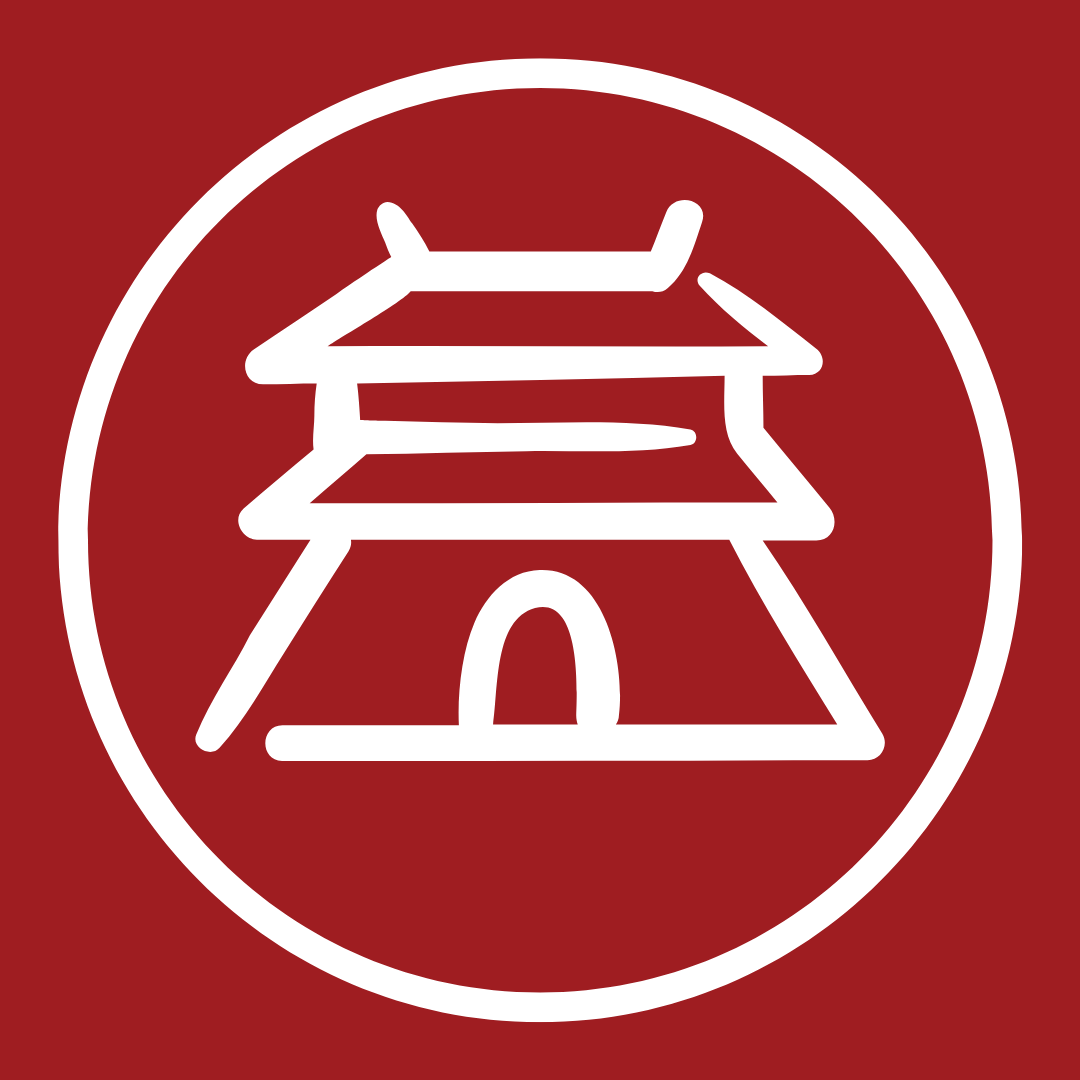As a producer and retailer of food, we take food safety very seriously to protect our customers. Here is an extract of our internal policies on handling food stuff.

Receiving Food
All goods received are being checked for damages, spillage and the acceptable temperature range. Best before dates and lot numbers are recorded in our systems, so that we can track shelf-life of items along our entire supply chain.

Food Storage
All food items are stored according to the acceptable temperature in dry or chilled storage. All food items are stored in closed cabinets to protect them from light and dust. We take effort to avoid cross contact with allergens from other products.
Shipping
All items are shipped using the appropriate shipping method for the acceptable temperature. Our system tracks best before dates and lot numbers for every shipment.
How We Define Special Diets
The grocery section of our shop allows to filter by special diet and also displays conformity on the product pages. We want to be transparent on we categorise products.

We classify our vegan food line-up as foods that do not include any animal based ingredients, including, but not limited to: meat, fish (incl. dashi), eggs, dairy, honey, gelatine, carmine, etc. Please note that there may be secondary- or unspecified animal-derived ingredients, such as bone char in sugar or cochineal in common food colouring, that may not be identified or disclosed by the maker. Our vegan food filter is purely to make it easier for our customers to identify plant-based, vegetarian and vegan foods.
Please note that we cannot 100% guarantee the absence of animal derived ingredients in the foods or production of our suppliers.

Products with an ingredient list that does NOT include wheat, buckwheat or other wheat derived ingredients are classified as gluten free.
We CANNOT guarantee the absence of wheat-derived ingredients in the same production areas. A risk of cross-contact and traces of gluten remains.

JAS is the abbreviation for “Japanese Agricultural Standard”, which includes organic food and farming standards for Japan. JAS applies to agricultural raw materials and Food products. Some of the key factors of the JAS standards are: Climate and environment protection, Conservation of soil fertility, Preservation of biodiversity, Absence of use of chemical and synthetic products, and Absence of GMO. The JAS organic classification can only be applied by registered business entities that have been certified by the Accredited certification body to verify that organic foods are produced in compliance with JAS. Please note that the criteria under the JAS may differ from the organic certification in your country.

Certified HALAL products are displayed in our shop as "HAHAL (Certified)". For these products, the certification logo is shown in the product pictures.
As Halal is not very common in Japan, products that carry an official certification are still rare. For our customer's convenience, we therefore also display products that are free of HARAM ingredients, which are displayed as "HALAL (Lawful)".

Certified KOSHER products are displayed in our shop as "KOSHER (Certified)". For these products, the certification logo is shown in the product pictures. As Kosher is not very common in Japan, products that carry an official certification are still rare.
For our customer's convenience, we therefore also display a filter of productions that DO NOT contain meat or dairy, nor are prepared with meat or dairy. These products are displayed as "KOSHER (Pareve)".










